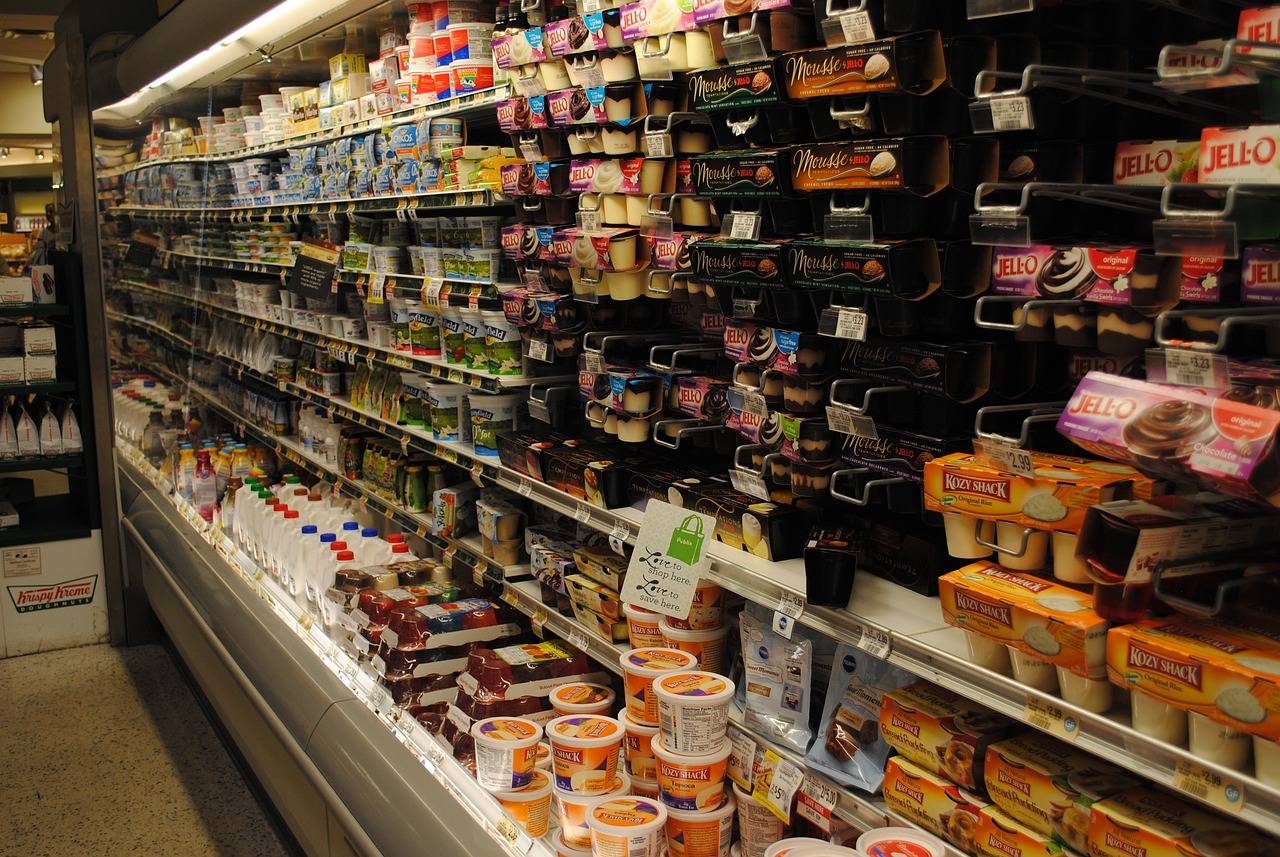The Rise of DTC (Direct-to-Consumer) Brands: Disrupting Traditional Retail
Traditional retail is encountering significant obstacles in the modern marketplace. One major concern is the competition posed by the rise of e-commerce and online shopping. Consumers are increasingly turning to the convenience of making purchases from the comfort of their homes, leading to a decrease in foot traffic at brick-and-mortar stores.
Moreover, traditional retailers face the challenge of adapting to changing consumer preferences and demands. With the popularity of fast fashion and the desire for unique, experiential shopping experiences, many traditional stores struggle to keep up with evolving trends. This results in inventory management issues and the need to constantly revamp store layouts and product offerings to remain appealing to customers.
Advantages of direct-to-consumer brands
Direct-to-consumer (DTC) brands have gained significant traction in today’s retail landscape. By cutting out the middleman, these brands have the advantage of establishing a closer connection with their customers. Through direct communication and feedback mechanisms, DTC brands can tailor their products and marketing strategies to better meet the needs of their target audience.
Moreover, DTC brands have the flexibility to control their pricing strategies without being bound by the markups typically imposed by traditional retailers. This allows them to offer competitive pricing while maintaining higher profit margins. Additionally, by having full control over their distribution channels, DTC brands can ensure swift delivery times and provide a seamless shopping experience for their customers.
Impact of social media on DTC brands
Social media has revolutionized the way direct-to-consumer (DTC) brands connect with their target audiences. Platforms like Instagram, Facebook, and TikTok have provided these brands with direct access to their consumers, enabling them to create authentic and engaging content that resonates with their followers. By leveraging social media, DTC brands can cultivate a strong sense of community among their customers, fostering loyalty and driving repeat purchases.
Moreover, social media allows DTC brands to gather valuable insights into consumer preferences and behaviors. Through the use of analytics tools, brands can track engagement metrics, monitor trends, and solicit feedback directly from their audience. This data-driven approach empowers DTC brands to make informed decisions regarding product development, marketing strategies, and overall brand positioning. Additionally, social media serves as a powerful tool for amplifying brand awareness and reaching new potential customers, further fueling the growth of DTC brands in today’s digital landscape.






